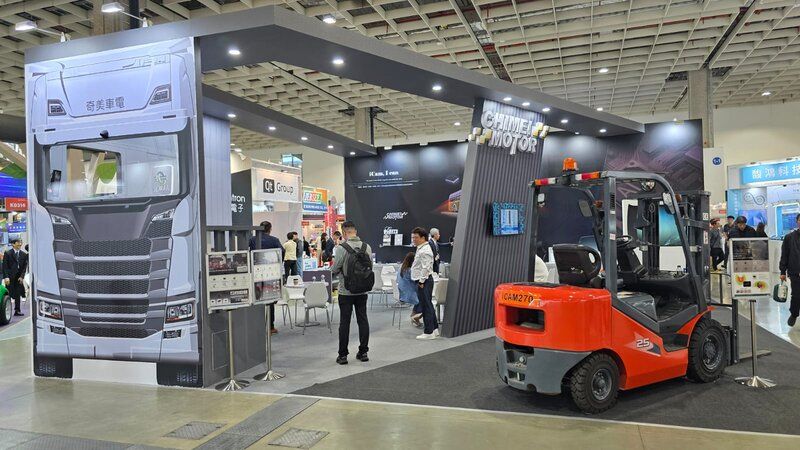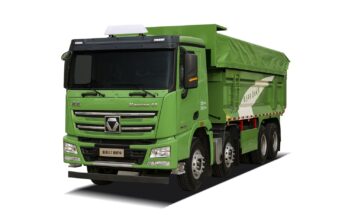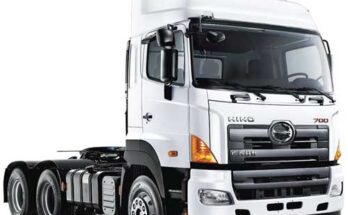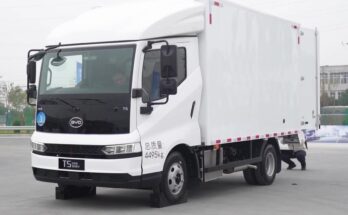Taiwan’s automotive industry stands resilient amid US tariff pressures, Stephen White (the 18th) reports from the AMPA show in Taipei.
Taiwan’s automotive industry has long been recognised as an essential component of the global supply chain, especially notable for its advanced electronics and auto parts manufacturing. However, the sector currently faces significant challenges due to recent US trade policy shifts, notably the imposition of a 25 percent tariff on auto parts imported from Taiwan.
Despite these adjustments, Huang strongly emphasised a business-as-usual approach. When asked about his advice to Taiwanese exhibitors amid tariff concerns, Huang confidently stated: “Business as usual. No big deal.” He described Taiwanese businesses as resilient and adaptable, saying, “Our business people are very brave. So this is a country with practically no natural resources, with 23 million people here. If you look at what we have gone through in the past five decades, I’m quite confident in the resilience of our companies. I think they can weather the storm and they will survive, no problem.”

To further support the industry, Taiwan’s legislature recently passed amendments to the Statute for Industrial Innovation, introducing tax incentives for AI integration, carbon reduction, and R&D investment. Kiang added, “We are reducing financial pressure on industry members to invest in innovative applications.”
Taiwan’s Executive Yuan administration has rolled out a NT$41 billion support package to counter global disruptions. Measures include increased export loan guarantees, targeted subsidies, and support for SME internationalisation. Kiang pointed to the Taiwan Select Networking Conference, where over 450 global buyers were hosted, with follow-up factory tours showcasing Taiwan’s strengths in machinery, hand tools, and auto parts.
James Huang’s keynote also framed mobility within a broader, visionary narrative. “Mobility didn’t begin with engines or electricity. It began when early humans stood up and walked,” he said, as he painted a picture of a world where cities respond to vehicles, AI personalises travel, and transport becomes a sustainable part of the energy grid.
Taiwan is playing its part and a leader in semiconductors, smart manufacturing, and system integration. The country is not just building vehicles, it is helping change the future, said Huang.
“We are ready to move with the world, not just faster, but wider. So to all our competitors, your innovations are the heartbeat of this show. To all our visitors, your curiosity and engagement fuel the momentum of progress. And to all of you, our partners, supporters, and industry leaders, thank you for being part of this remarkable journey. Today, we don’t just open an exhibition, we open a conversation, a shared journey toward a smarter, more sustainable world. Let us imagine important. Let us move wisely. And above all, let us a shared journey toward a smarter, more sustainable world. Let us imagine important. Let us move wisely. And above all, let us move forward together.”



